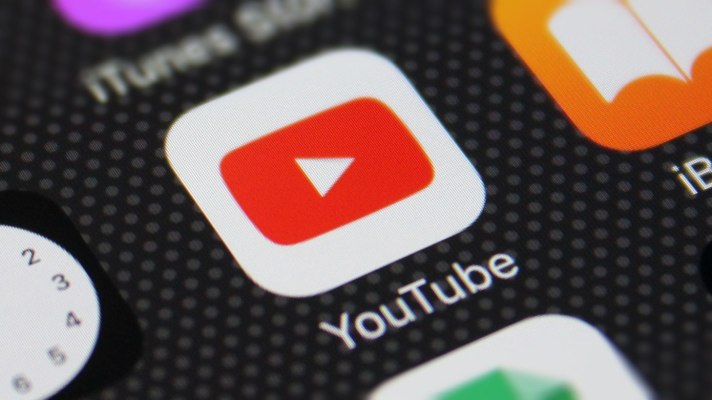Entertainment
Russia warns YouTube to stop ‘anti-Russian’ ads

In Russia’s latest swipe at foreign social media giants since it started a land war in Europe by invading Ukraine late last month, the country’s internet censor has fired a warning shot at Google over what it describes as anti-Russian “information attacks” which it claims are being spread via YouTube — accusing the U.S. tech giant of being engaged in acts “of a terrorist nature” by allowing ads on the video-sharing platform to be used to threaten Russian citizens.
In a statement posted on its website today, Roskomnadzor claims YouTube has been serving targeted ads that call for people to disable railway links between Russia and Belarus.
“The actions of the YouTube administration are of a terrorist nature and threaten the life and health of Russian citizens,” the regulator wrote [translated from Russian with machine translation].
“The spread of such appeals clearly demonstrates the anti-Russian position of the American company Google LLC,” it added.
The regulator also warned Google to stop distributing “anti-Russian videos as soon as possible”.
Its statement goes on to accuse U.S. IT companies in general, and tech giants Google and Meta (Facebook’s owner) in particular, of choosing a “path of confrontation” with Russia by launching a targeted campaign of “information attacks” that it says are intended to “discredit the Russian Armed Forces, the media, public figures and the state as a whole”.
“Similar actions by Meta Platforms Inc. and Google LLC not only violate Russian law but also contradict generally accepted norms of morality,” Roskomnadzor added.
YouTube could not immediately be reached for comment on the warning from Roskomnadzor.
The direct warning to Google from the state internet censor could be a precursor to Russia blocking access to YouTube.
In recent days, Facebook and Instagram have both been blocked by Roskomnadzor — as the Kremlin has sought to tighten its grip on the digital information sphere in parallel with its war in Ukraine.
Facebook and Instagram were blocked after Meta said it was relaxing its hate speech policy to allow users in certain regions to post certain kinds of death threats aimed at Russia — which Meta global affairs president, Nick Clegg, defended as a temporary change he said was designed to protect “people’s rights to speech as an expression of self-defense”.
In recent weeks, Roskomnadzor has also put restrictions on Twitter.
But YouTube has escaped any major censorship since the Ukraine invasion, despite the company itself applying some limitations to its service in Russia — such as suspending payment services for users (it took that action as a result of Western sanctions against Russian banks).
In one signal that that could be about to change, a report in Russian press today suggests a block is looming, citing sources close to Roskomnadzor who told it YouTube could be blocked as soon as today or next week. RIA Novosti’s sources told it a block of YouTube is “most likely” by the end of next week.
In what may be another small indicator of the cyber war that’s now fiercely raging between Russia and Ukraine, Roskomnadzor’s website was noticeably slow to load as we were filing this report today. It also appears to have introduced a CAPTCHA request — suggesting it may be trying to prevent and/or mitigate DDoS attacks.
-

 Entertainment6 days ago
Entertainment6 days agoWhat’s new to streaming this week? (Jan. 17, 2025)
-

 Entertainment6 days ago
Entertainment6 days agoExplainer: Age-verification bills for porn and social media
-

 Entertainment5 days ago
Entertainment5 days agoIf TikTok is banned in the U.S., this is what it will look like for everyone else
-

 Entertainment5 days ago
Entertainment5 days ago‘Night Call’ review: A bad day on the job makes for a superb action movie
-

 Entertainment5 days ago
Entertainment5 days agoHow ‘Grand Theft Hamlet’ evolved from lockdown escape to Shakespearean success
-

 Entertainment5 days ago
Entertainment5 days ago‘September 5’ review: a blinkered, noncommittal thriller about an Olympic hostage crisis
-

 Entertainment5 days ago
Entertainment5 days ago‘Back in Action’ review: Cameron Diaz and Jamie Foxx team up for Gen X action-comedy
-

 Entertainment5 days ago
Entertainment5 days ago‘One of Them Days’ review: Keke Palmer and SZA are friendship goals




















